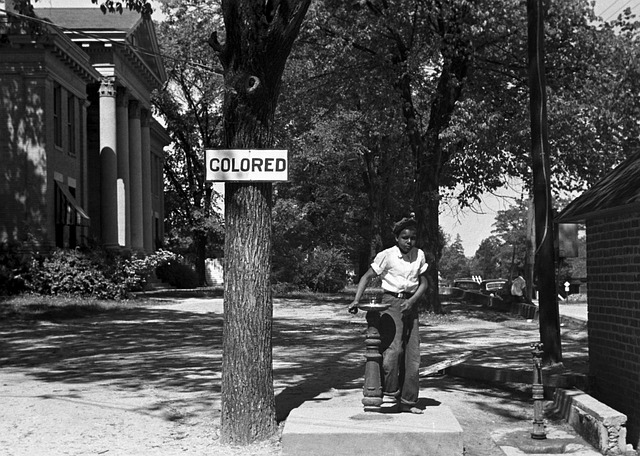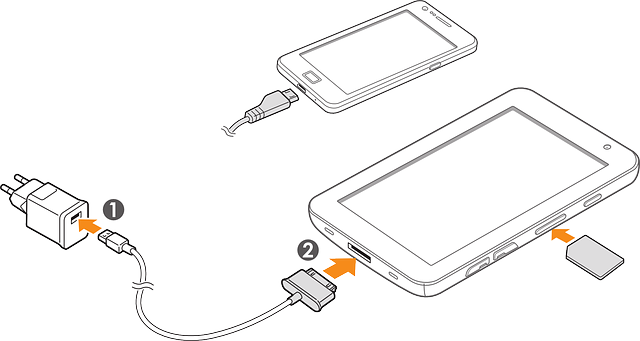In North Carolina, courts have been actively shaping telemarketing practices, especially regarding unwanted calls, through stricter regulations on explicit consent. This shift has empowered residents to take legal action against violators and increased demand for unwanted call attorneys in Charlotte. Despite 'do not call' lists and laws like the TCPA, consumers face relentless marketing calls that disrupt daily life, invade privacy, and cause stress. Legal protections offered by North Carolina laws and the Do Not Call registry can help, but unscrupulous telemarketers often bypass them. Hiring an unwanted call attorney in North Carolina can provide relief, navigate complex laws, and deter future harassment. Recent court rulings are reshaping telemarketing practices, with ongoing legal battles indicating a complex issue that may require further litigation.
“Unwanted telemarketing calls can be a persistent nuisance, but recent court rulings in North Carolina are reshaping the landscape for Charlotte residents. This article delves into the implications of these decisions, examining how they protect consumers from intrusive marketing practices. We explore the rise of unwanted calls, their impact on local residents, and the legal protections now in place. Additionally, we provide strategies for consumers to stop these calls and offer insights into ongoing legal battles, highlighting the evolving rights of North Carolina residents in the face of telemarketing regulations.”
Recent Court Rulings on Telemarketing in North Carolina

In recent years, North Carolina courts have been actively shaping the landscape of telemarketing practices, especially regarding unwanted calls. These rulings have had a significant impact on businesses and residents across the state, particularly in Charlotte. The state’s legal system has been working to balance the rights of consumers to avoid intrusive marketing calls with the needs of businesses to reach their target audiences.
One notable development is the increased emphasis on obtaining explicit consent from recipients before making telemarketing calls. North Carolina law now strictly regulates such practices, empowering residents to take legal action against companies that violate their privacy. As a result, many businesses have had to adapt their strategies, ensuring they have proper authorization to contact potential customers. This shift has been particularly significant for unwanted call attorneys in North Carolina, as consumers increasingly seek legal recourse to stop persistent and unauthorized marketing calls.
Impact of Unwanted Calls on Charlotte Residents
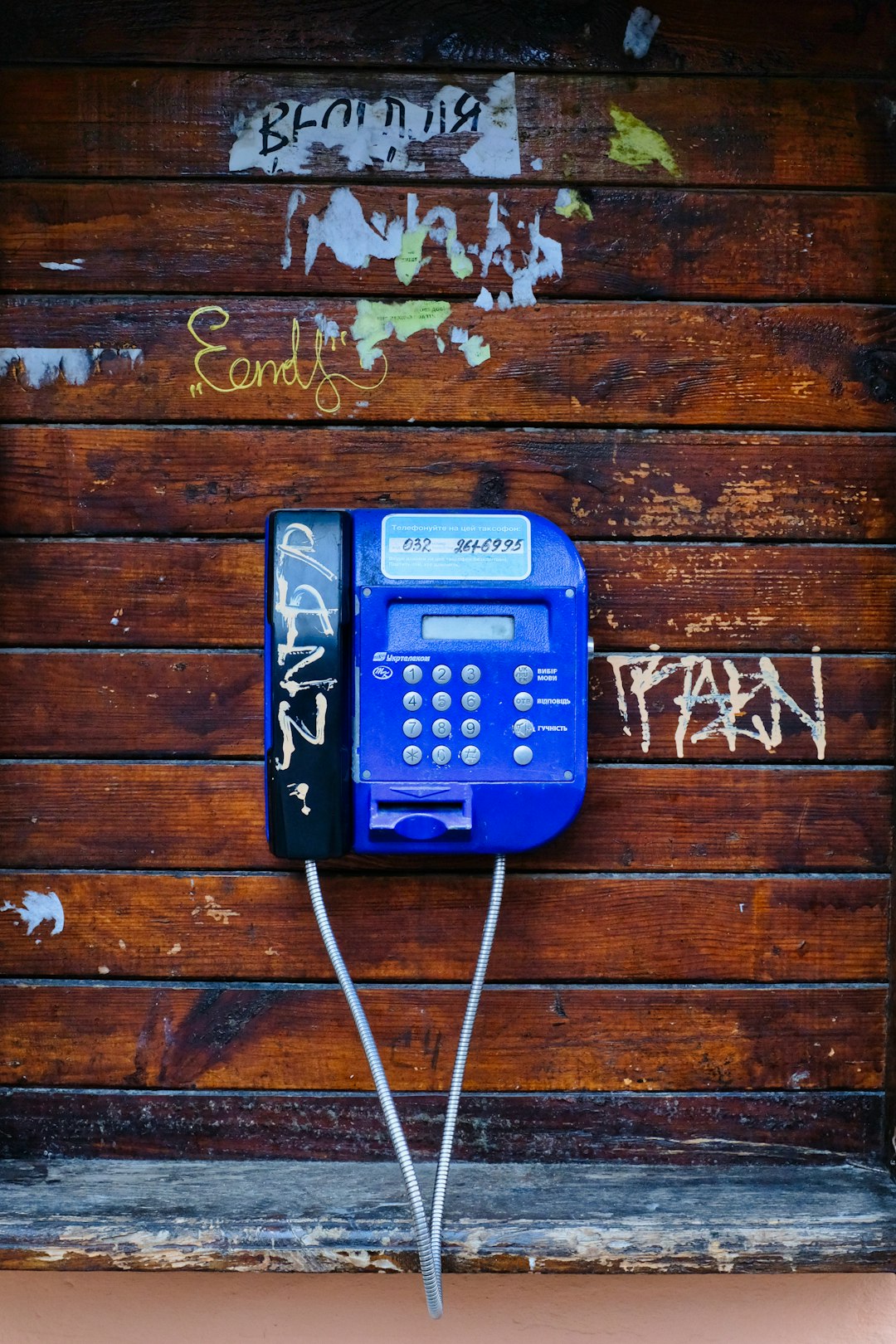
In today’s digital age, Charlotte residents, like many across the nation, face a persistent issue—unwanted calls from telemarketers. These relentless phone calls can disrupt daily routines and cause significant distress. With advancements in technology, telemarketers now have access to vast consumer databases, enabling them to make numerous calls, often without regard for individual preferences or ‘do not call’ lists. As a result, many Charlotteans find themselves on the receiving end of incessant sales pitches, adding an unwanted layer of noise to their personal and professional lives.
The impact extends beyond mere annoyance. Unwanted telemarketing calls can be intrusive, leading to increased stress and even potential mental health concerns for some individuals. Moreover, it creates a sense of privacy invasion, as personal phone numbers are often shared or sold without explicit consent. This situation prompts many residents to seek legal counsel from an unwanted call attorney in North Carolina to understand their rights and explore avenues to curb such intrusive practices.
Legal Protections for Consumers in North Carolina
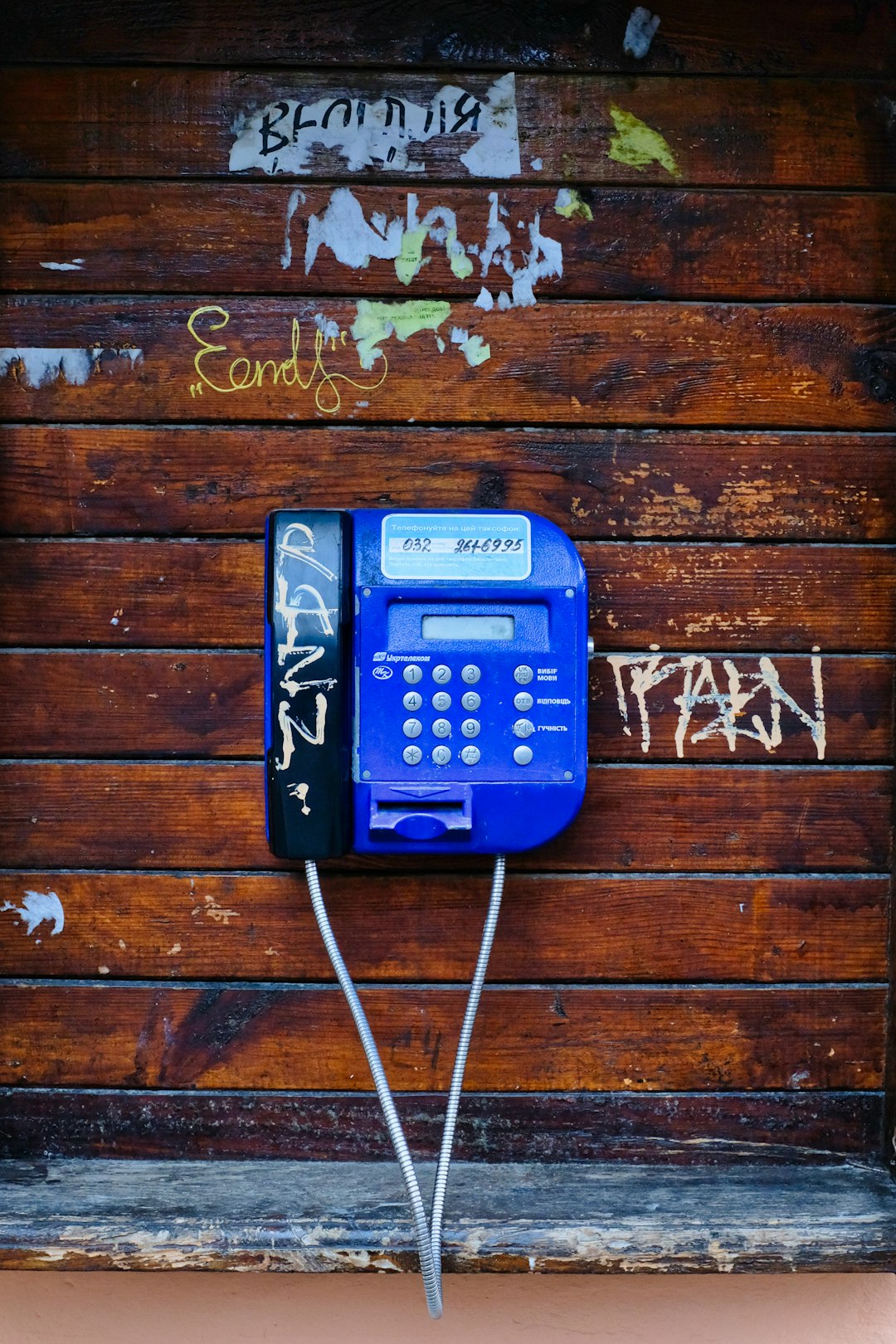
In North Carolina, consumers have legal protections against unwanted telemarketing calls, thanks to state laws designed to safeguard residents from intrusive marketing practices. If you’re receiving persistent or nuisance calls, especially from an unwanted call attorney in North Carolina, you may have rights under these regulations. The North Carolina Department of Justice plays a crucial role in enforcing these rules, ensuring that telemarketers adhere to ethical standards and respect consumers’ privacy.
Under the Telephone Consumer Protection Act (TCPA), businesses are prohibited from making automated or prerecorded calls to individuals without their prior express consent. This law also restricts calls made using an artificial or distorted voice. Additionally, North Carolina has its own Do Not Call registry, similar to federal registries, where residents can register their phone numbers to opt-out of marketing calls. Enrolling in this registry can significantly reduce the number of unwanted telemarketing messages you receive, offering some relief from persistent sales calls.
How to Stop Unwanted telemarketing Calls

If you’re a Charlotte resident tired of unwanted telemarketing calls, there are steps you can take to protect yourself. The first line of defense is to register your phone number on the National Do Not Call Registry. This federal list prohibits telemarketers from calling numbers listed on it, offering some relief from unsolicited calls. However, many telemarketers still find ways around this by using automated dialers or buying lists of numbers that aren’t registered.
For more robust protection against unwanted call attorney North Carolina residents might consider hiring legal counsel specialized in consumer rights. These attorneys can guide you through the complexities of telemarketing laws and help you take legal action if necessary. They can also assist in seeking damages for violation of your privacy rights, providing a strong deterrent to future harassment.
Future Implications and Ongoing Legal Battles
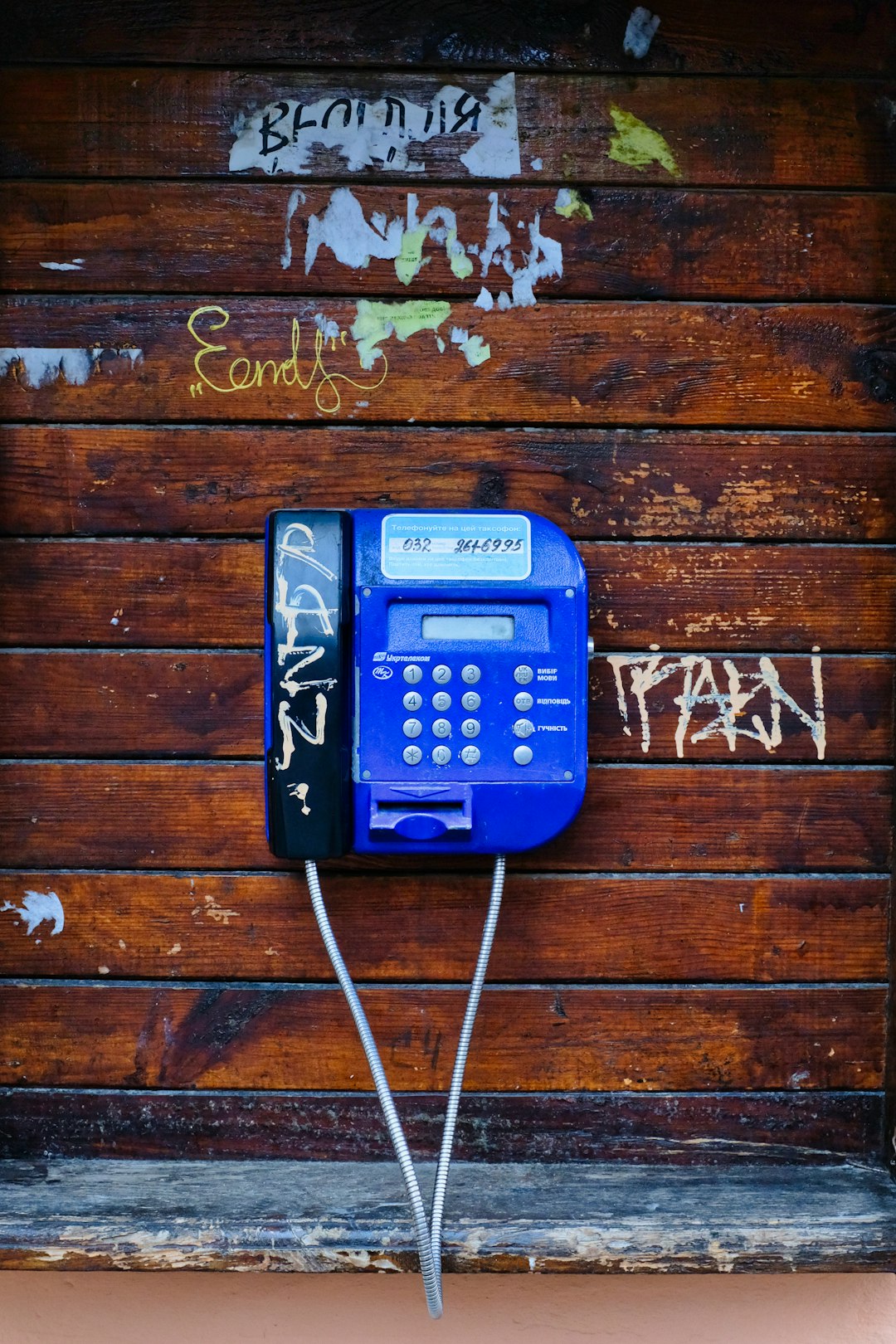
With recent court rulings shaping telemarketing practices in North Carolina, there are implications that go beyond Charlotte residents’ daily lives. These decisions set precedents for how businesses across the state can conduct sales and marketing efforts, especially regarding unwanted calls. As such, we can expect to see a shift in strategies employed by telemarketers and a potential decrease in instances of nuisance calls. However, the ongoing legal battles suggest that this is a complex issue with various interpretations, leaving room for further litigation.
Unwanted call attorney services may become increasingly relevant as consumers seek protection from intrusive marketing tactics. With each ruling, there’s an opportunity to clarify consumer rights and establish clear boundaries for telemarketers. As these cases progress, both businesses and residents should anticipate a more regulated environment, where compliance with privacy laws could be the game-changer in preventing excessive unwanted calls.
